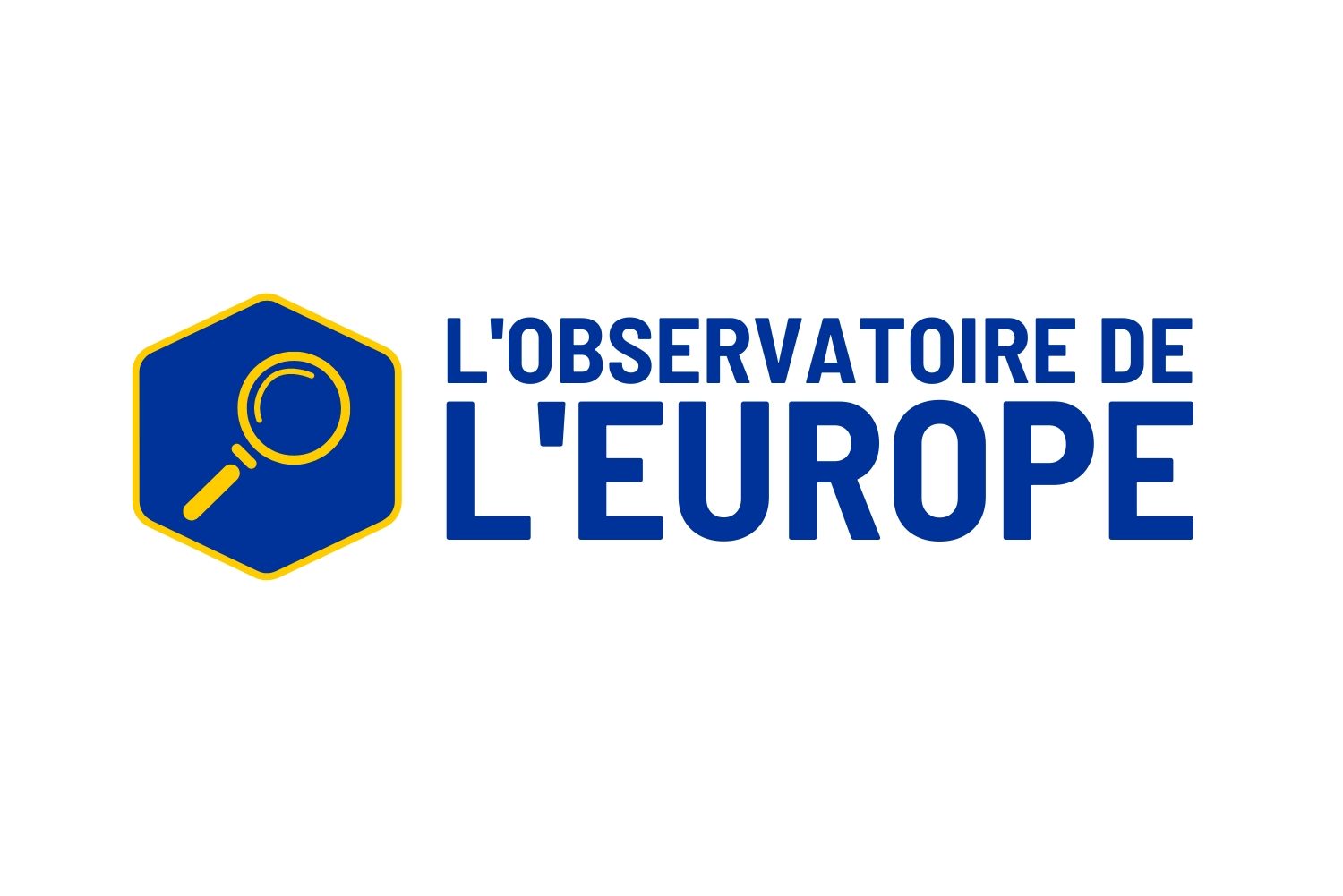Despite AI regulations, the European executive is failing to coordinate national plans.
The European Commission must invest more in artificial intelligence if it is to achieve its ambitions and be on par with the United States and China, the European Court of Auditors (ECA) said in a report published today (29 May).
The auditors, in charge of overseeing EU finances, said that despite drawing up AI regulations – which will officially come into force next month – the Commission has failed to coordinate AI policy with different member states and systematically monitor investment.
“In the future, stronger governance and more – and better targeted – public and private investment will be paramount if the EU is to achieve its AI ambitions,” the report said.
The audit – carried out through a survey of 27 national bodies responsible for coordinating AI policies – mainly focused on the effectiveness of the Commission’s actions in overseeing national AI plans in 2018 and 2021, regulatory reform and the implementation of EU-funded AI promotion measures. implementation and scaling of AI innovations.
The report shows that measures at the block level and at the national level “were not effectively coordinated” because the Commission lacked the necessary management and information tools. For example, it was not clear how member states should contribute to achieving the EU’s investment targets.
Furthermore, the Commission has been slow to implement new facilities for bringing artificial intelligence innovations to market, partly due to the late adoption of the Digital Europe funding programme, meaning that no significant results had been achieved at the time of the audit.
“Significant and targeted investments in artificial intelligence will be a game-changer in determining the pace of EU economic growth in the years to come,” said ECA member Mihails Kozlovs, who led the review. “In the race for AI, there is a risk that the winner takes all. If the EU is to achieve its ambition, the Commission and the Member States must join forces more effectively, accelerate the pace and unlock the EU’s potential to succeed in this major technological revolution underway,” said Kozlovs.
France
The United States has long been a pioneer in artificial intelligence, while China plans to become the global leader in artificial intelligence by 2030, the report said, with both relying on significant private investment. The EU’s targets for public and private investment in artificial intelligence were €20 billion over 2018-2020 and €20 billion annually over the next decade.
The proportion of companies in the EU using artificial intelligence varies significantly between Member States. France and Germany, for example, have announced the largest public investments in artificial intelligence, while other countries have not developed a national strategy for artificial intelligence. Earlier this week (May 22), French President Emmanuel Macron announced investments aimed at projecting the country to become a global leader in artificial intelligence. The new program plans to invest 400 million euros in nine universities to enable artificial intelligence research positions and develop talent in the sector.
The EU aims for 75% of businesses to use AI by 2030, saying the adoption of such technologies by businesses and the public sector can lead to increased productivity and help solve societal challenges.
